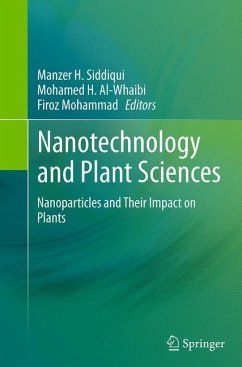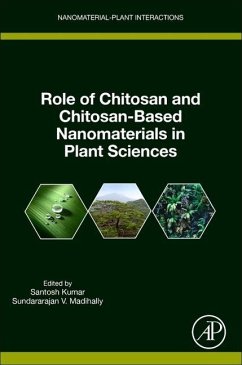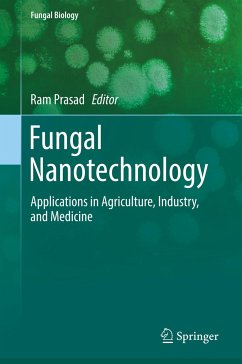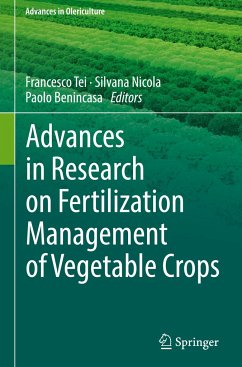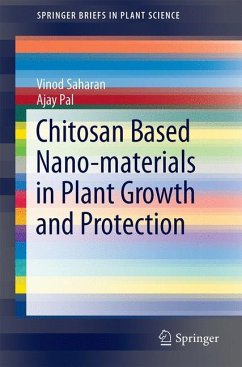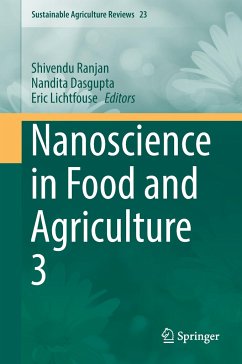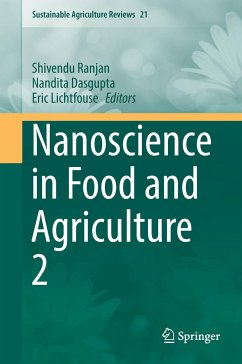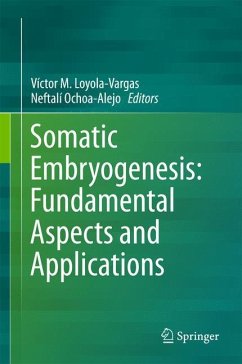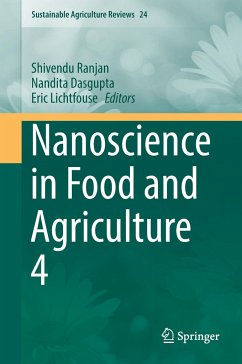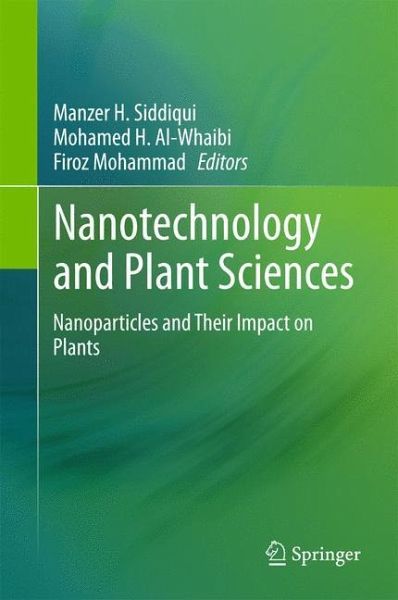
Nanotechnology and Plant Sciences
Nanoparticles and Their Impact on Plants
Herausgegeben: Siddiqui, Manzer Hussain; Al-Whaibi, Mohamed H.; Mohammad, Firoz

PAYBACK Punkte
57 °P sammeln!
This book presents a holistic view of the complex and dynamic responses of plants to nanoparticles, the signal transduction mechanisms involved, and the regulation of gene expression. Further, it addresses the phytosynthesis of nanoparticles, the role of nanoparticles in the antioxidant systems of plants and agriculture, the beneficial and harmful effects of nanoparticles on plants, and the application of nanoparticles and nanotubes to mass spectrometry, aiming ultimately at an analysis of the metabolomics of plants. The growing numbers of inventions in the field of nanotechnology are producin...
This book presents a holistic view of the complex and dynamic responses of plants to nanoparticles, the signal transduction mechanisms involved, and the regulation of gene expression. Further, it addresses the phytosynthesis of nanoparticles, the role of nanoparticles in the antioxidant systems of plants and agriculture, the beneficial and harmful effects of nanoparticles on plants, and the application of nanoparticles and nanotubes to mass spectrometry, aiming ultimately at an analysis of the metabolomics of plants. The growing numbers of inventions in the field of nanotechnology are producing novel applications in the fields of biotechnology and agriculture. Nanoparticles have received much attention because of the unique physico-chemical properties of these compounds. In the life sciences, nanoparticles are used as "smart" delivery systems, prompting the Nobel Prize winner P. Ehrlich to refer to these compounds as "magic bullets." Nanoparticles also play an important role in agriculture as compound fertilizers and nano-pesticides, acting as chemical delivery agents that target molecules to specific cellular organelles in plants. The influence of nanoparticles on plant growth and development, however, remains to be investigated. Lastly, this book reveals the research gaps that must be bridged in the years to come in order to achieve larger goals concerning the applications of nanotechnology in the plants sciences.
In the 21st century, nanotechnology has become a rapidly emerging branch of science. In the world of physical sciences, nanotechnological tools have been exploited for a broad range of applications. In recent years, nanoparticles have also proven useful in several branches of the life sciences. In particular, nanotechnology has been employed in drug delivery and related applications in medicine.
In the 21st century, nanotechnology has become a rapidly emerging branch of science. In the world of physical sciences, nanotechnological tools have been exploited for a broad range of applications. In recent years, nanoparticles have also proven useful in several branches of the life sciences. In particular, nanotechnology has been employed in drug delivery and related applications in medicine.




